2) Define: Framing insights for opportunities
In order to gather in-depth user insights and framing opportunities, the field research encompassed interviewing with more than 70 black cab drivers, 2 taxi marshals, 15 passengers, 17 Uber drivers, Head of Finance at TaxiApp UK, London Air Quality expert in King’s College London and Sustainability travel manager at Royal Borough of Kensington and Chelsea. We made 4 different focus groups depending on supply and demand in taxi industry; black cab drivers, Uber drivers, business passengers and tourist passengers . Then move to the analysis of current on demand service and 2 of 6 created user journey.
Combining desk and field research, we identified the common problems in this area. First, compared to Uber drivers, Black cabs are faced with unpredictable situation to pick up passengers on the road. Second, the black cabs are disconnected with each other as individual business owners. Third, black cab drivers are getting identical notification regardless of their location, which adds on as a noise while they are driving.
3) Ideation: Develop potential ideas and prototype
Based on the problem areas defined, we moved to the ideation through framing the key opportunity areas with our service proposition that differentiating from the service what already exists in the market. The opportunities are: PREDICTABLE from unpredictable: Make the unpredictable ‘job’ of finding passengers that relying on luck to be more predictable and organised by knowing where to go for the black cab drivers. Second, CONNECTED from disconnected: Integrate data created by black cab drivers that are currently not being utilised. Empowering Black taxi drivers by using their own datasets and connecting the individual drivers to build the sense of community.
Third, TAILORED DELIVERY from simple app notification: To make black cab driver’s job more efficient, deliver tailored information based on their location and time considering hyper-locality also individual driver’s preference and relevancy.


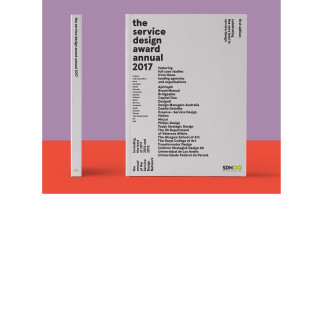
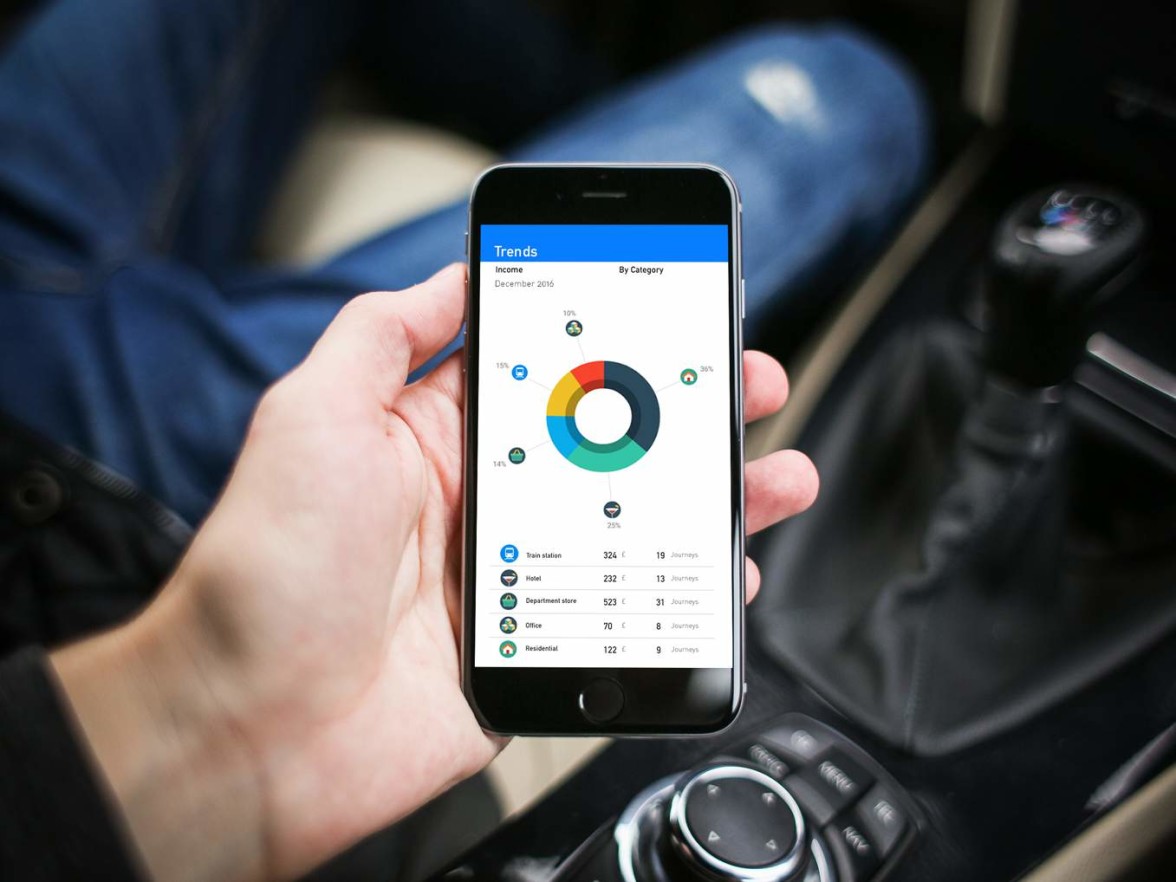
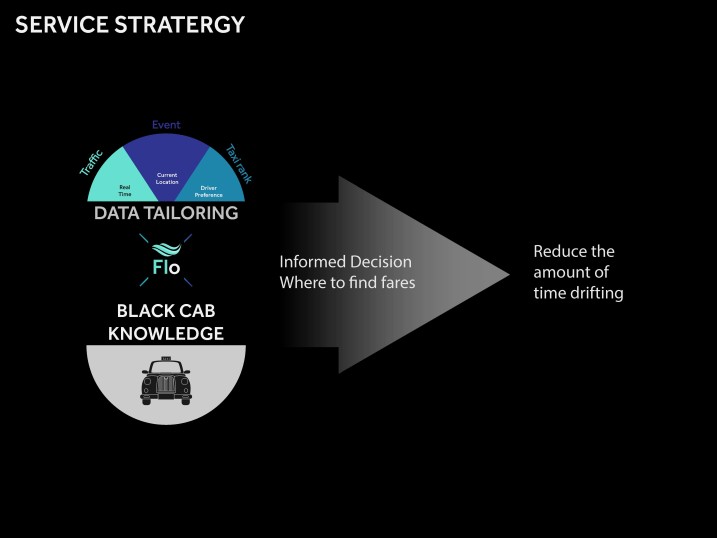
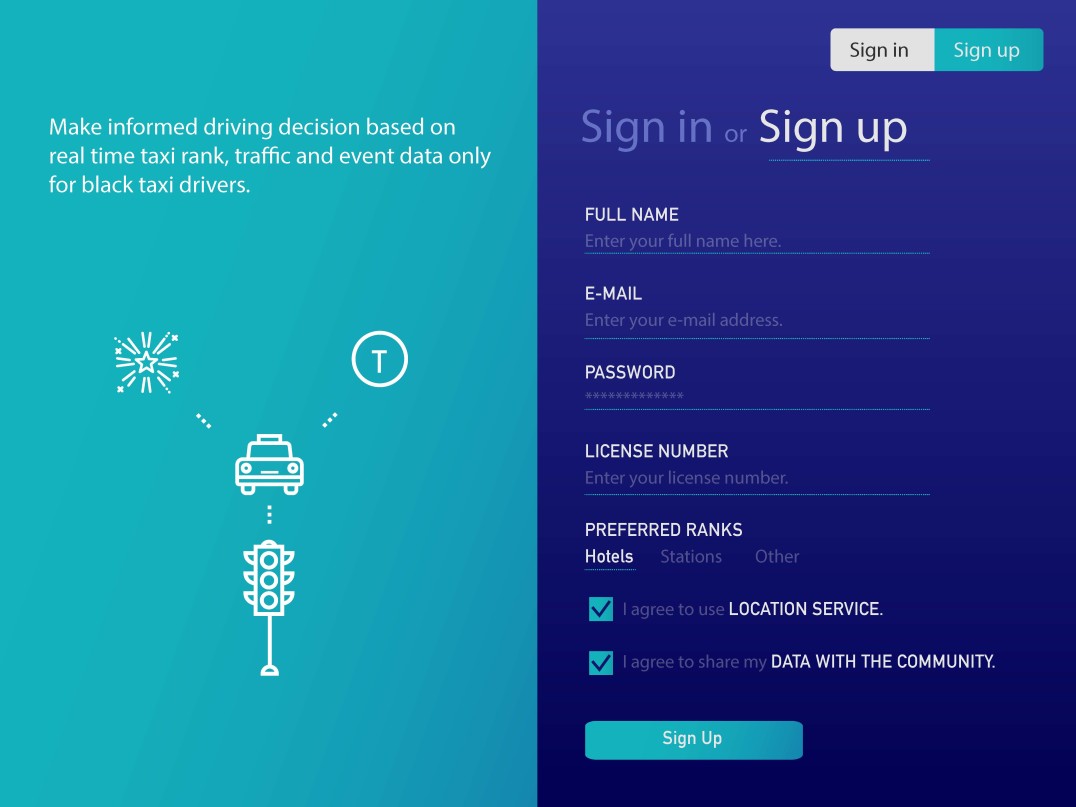
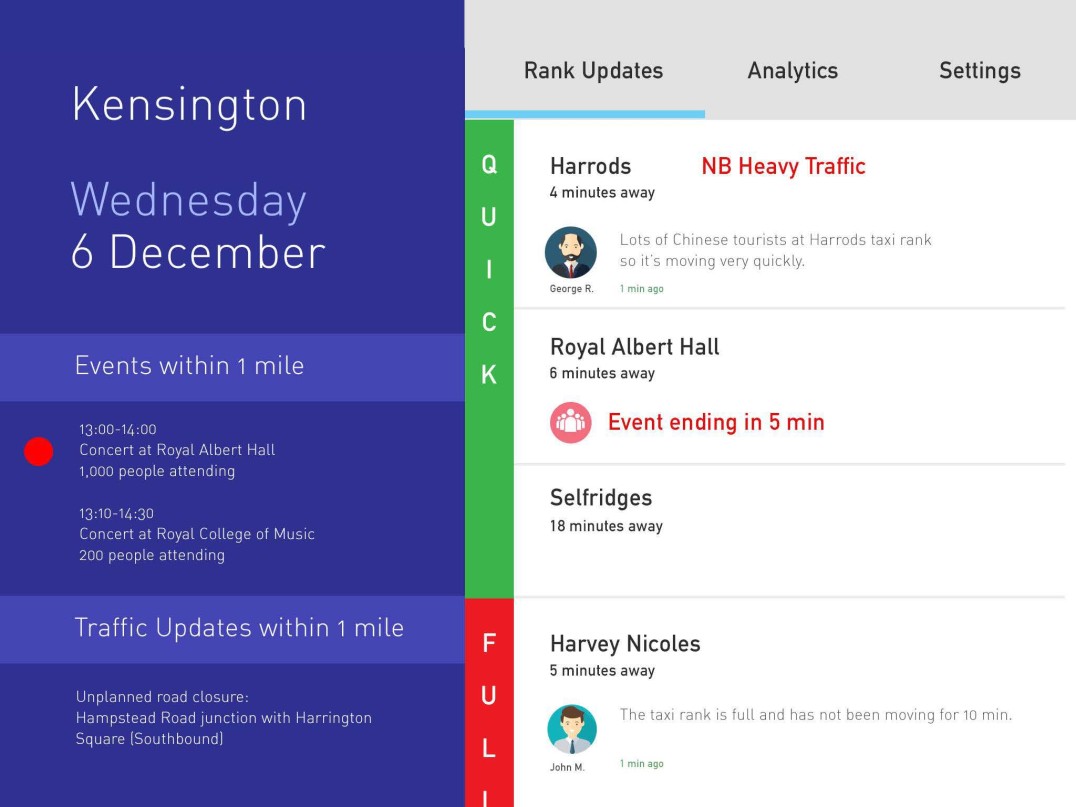
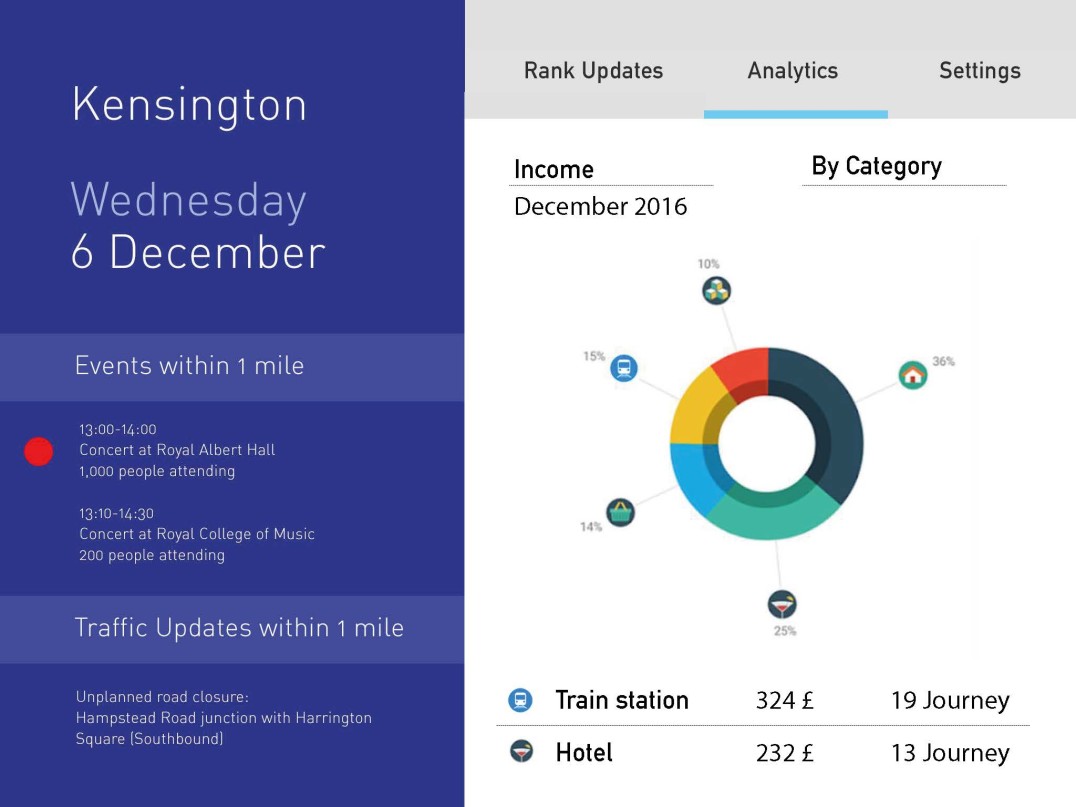
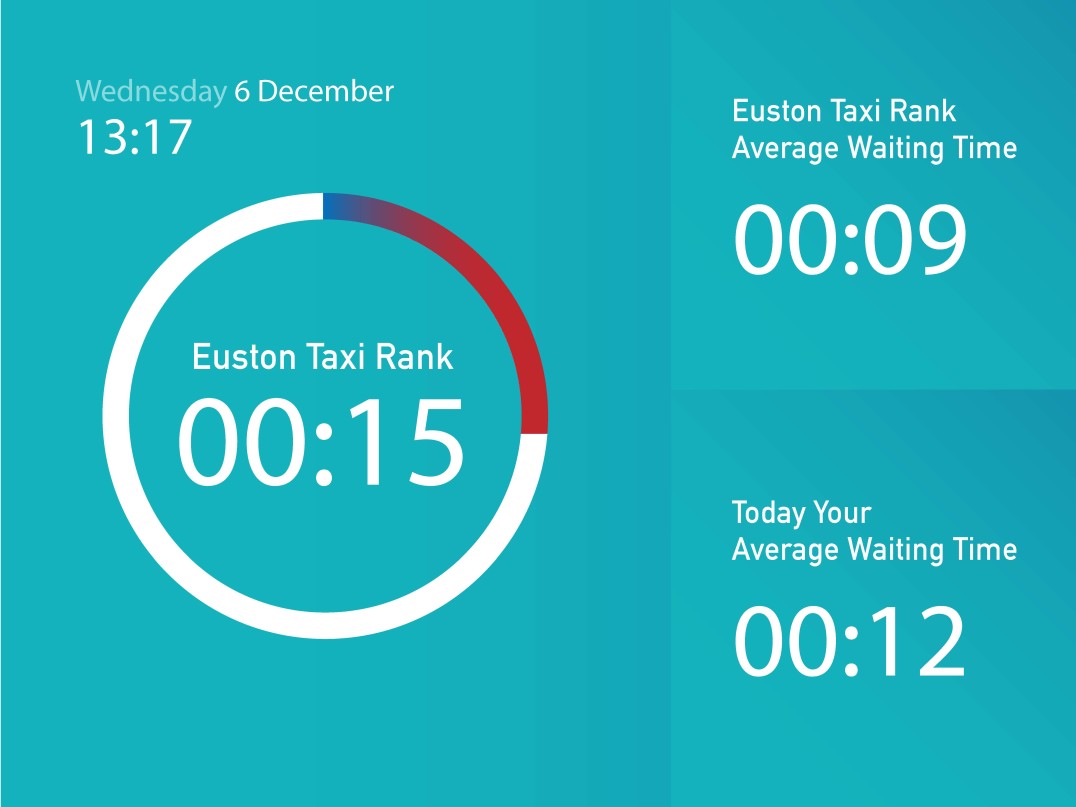
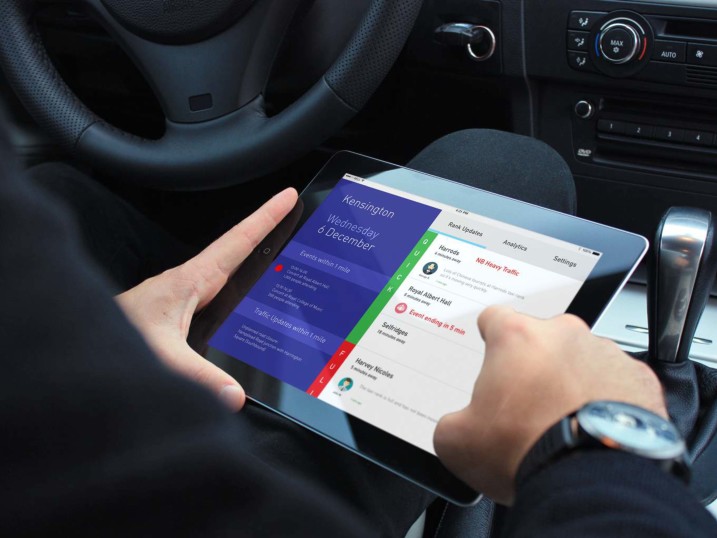
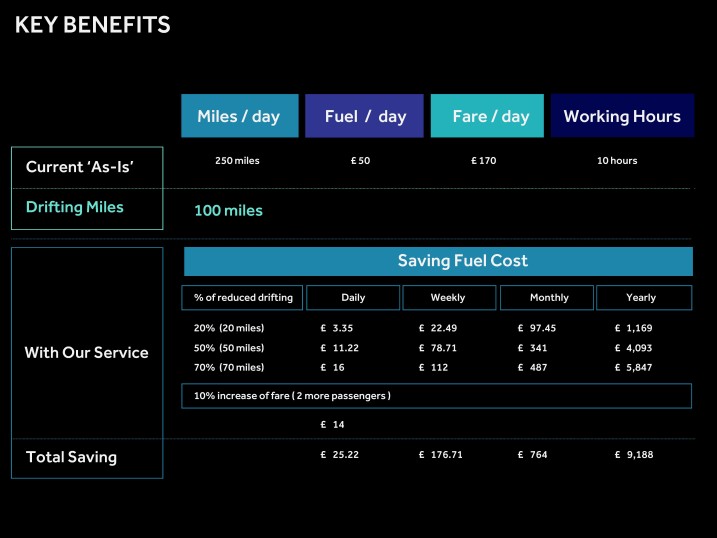
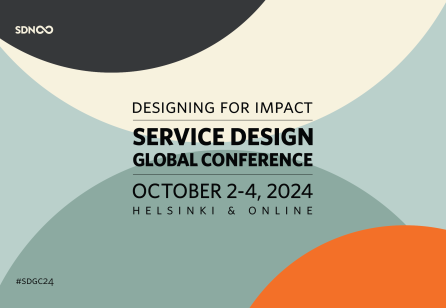
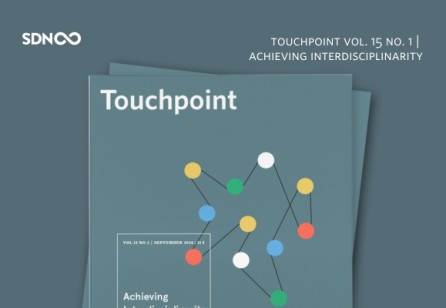
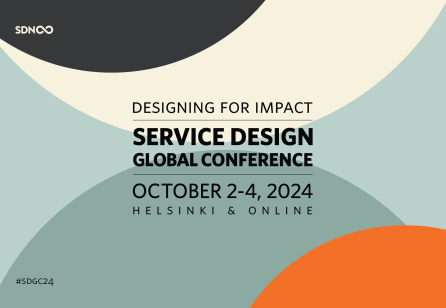
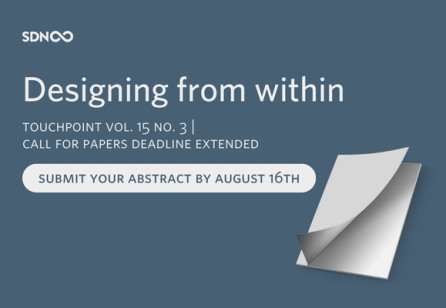

Share your thoughts
0 RepliesPlease login to comment